Common American Household Items That Are Toxic to Dogs
Taking the Lead • August 15, 2025
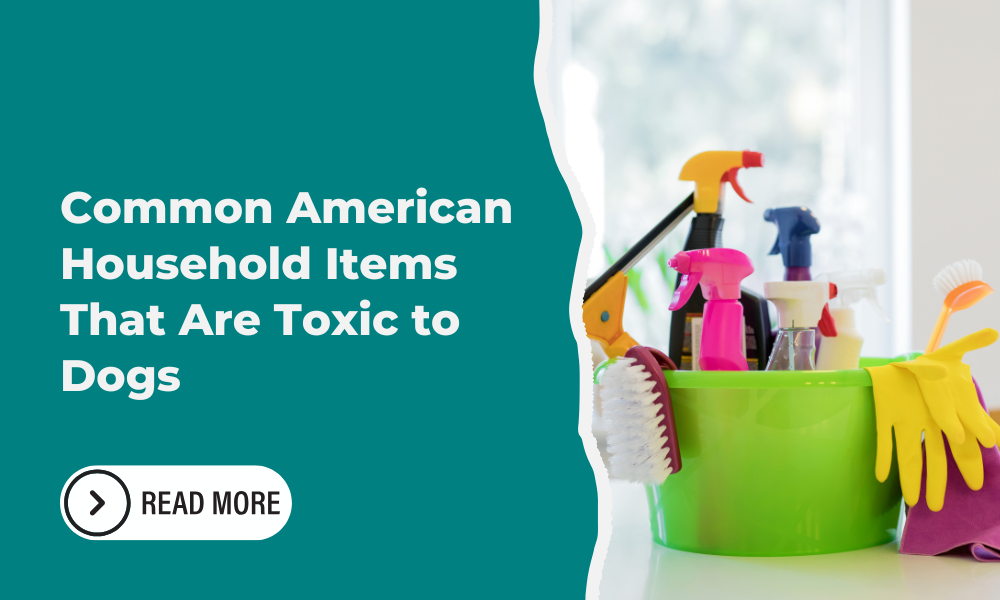
Dogs are curious by nature. They explore the world with their noses — and often their mouths. While this curiosity is endearing, it can be dangerous when it leads them to chew, lick, or swallow everyday household items that are toxic to them. As a responsible pet owner, knowing what these hazards are can help you keep your dog safe and healthy.
Below are some of the most common American household items that could be dangerous for your pup — many of which might be sitting in plain sight.
1. Chocolate
Chocolate is one of the most well-known toxins for dogs, but it’s still a common culprit in pet poisonings. It contains theobromine and caffeine, both of which can be harmful to dogs, affecting their heart and nervous system.
Tip: Store chocolate (including baking cocoa) well out of reach, especially during holidays like Halloween, Christmas, and Valentine’s Day.
2. Grapes and Raisins
Grapes, raisins, and even currants can cause sudden kidney failure in dogs — even in small amounts. The exact toxic substance is still unknown, but the effects can be severe.
Tip: Avoid giving dogs any trail mix, baked goods, or snacks that contain grapes or raisins.
3. Onions and Garlic
These kitchen staples (raw, cooked, powdered, or dried) contain compounds that can damage a dog’s red blood cells, leading to anemia. Garlic is even more concentrated and toxic than onions.
Tip: Read ingredient labels on soups, baby food, or snacks before sharing with your dog.
4. Xylitol (Found in Sugar-Free Products)
Xylitol is a sugar substitute found in sugar-free gum, candies, baked goods, and even some peanut butters. In dogs, it can cause a rapid release of insulin, leading to dangerous drops in blood sugar and possible liver failure.
Tip: Always check labels before giving your dog peanut butter or baked treats.
5. Medications
Over-the-counter pain relievers like ibuprofen (Advil, Motrin) and acetaminophen (Tylenol) are common household items that can be extremely toxic to dogs. Even human prescription medications can be harmful in small doses.
Tip: Keep all medications — human and pet — in secure, closed cabinets.
6. Household Cleaners
Many cleaning agents, such as bleach, ammonia, and disinfectants, can cause chemical burns, respiratory issues, or poisoning in dogs. Even “natural” cleaners can be harmful if ingested.
Tip: Store cleaning supplies in closed cabinets and rinse surfaces thoroughly before letting pets walk or lick them.
7. Certain Houseplants
Common decorative plants like lilies, sago palms, and aloe vera can be toxic if chewed. While lilies are more dangerous to cats, sago palms are particularly deadly to dogs.
Tip: Research plants before bringing them into your home.
8. Alcohol
Beer, wine, and liquor — even in small amounts — can depress your dog’s central nervous system, cause low blood sugar, and lead to serious health issues. Fermented bread dough also produces alcohol in the stomach.
Tip: Keep drinks and uncooked dough out of reach during parties and meal prep.
9. Batteries
Household batteries, including those in remote controls, hearing aids, or children’s toys, contain corrosive substances that can burn your dog’s mouth, throat, and stomach.
Tip: Dispose of used batteries properly and keep spares in secure containers.
10. Fabric Softener Sheets
Used or unused, fabric softener sheets contain chemicals that can irritate your dog’s mouth and digestive tract. They’re especially dangerous for puppies that love to chew.
Tip: Store laundry products high up and close the laundry room door when not in use.
Your home is meant to be a safe place for your dog — and a little awareness goes a long way in keeping it that way. Store dangerous items securely, clean up spills quickly, and always check ingredients before sharing human food with your pup.
If you suspect your dog has ingested something toxic, contact your veterinarian or the ASPCA Animal Poison Control Center (888-426-4435) immediately. Quick action could save their life.

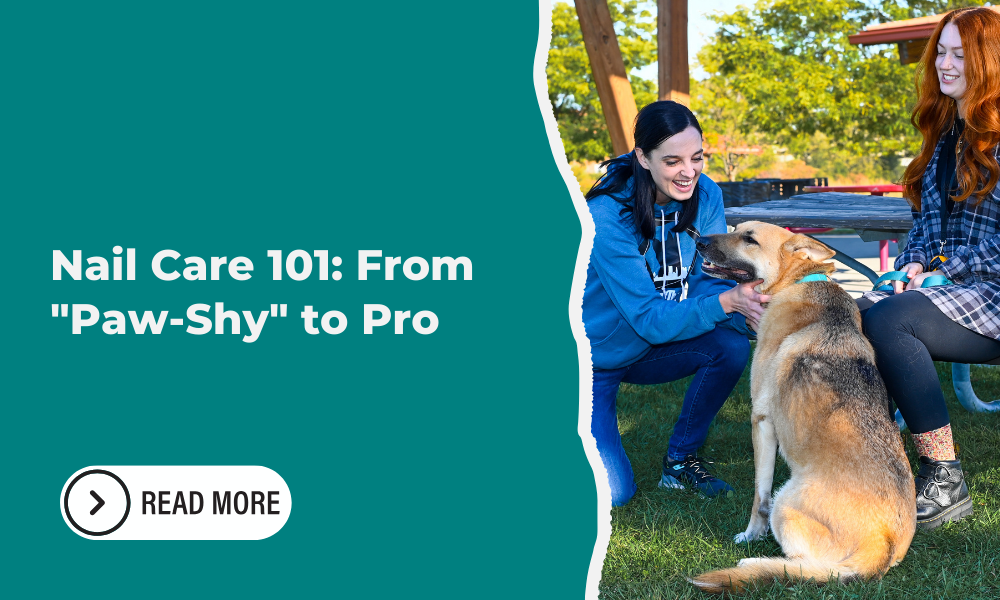
Proper nail care is more than just aesthetics; it’s crucial for your dog’s comfort and long-term joint health. If the sound of clippers sends your pup running, it’s time to stop the struggle and start a structured desensitization plan. By turning grooming into a training game, you can replace fear with focus.
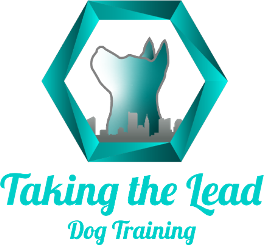
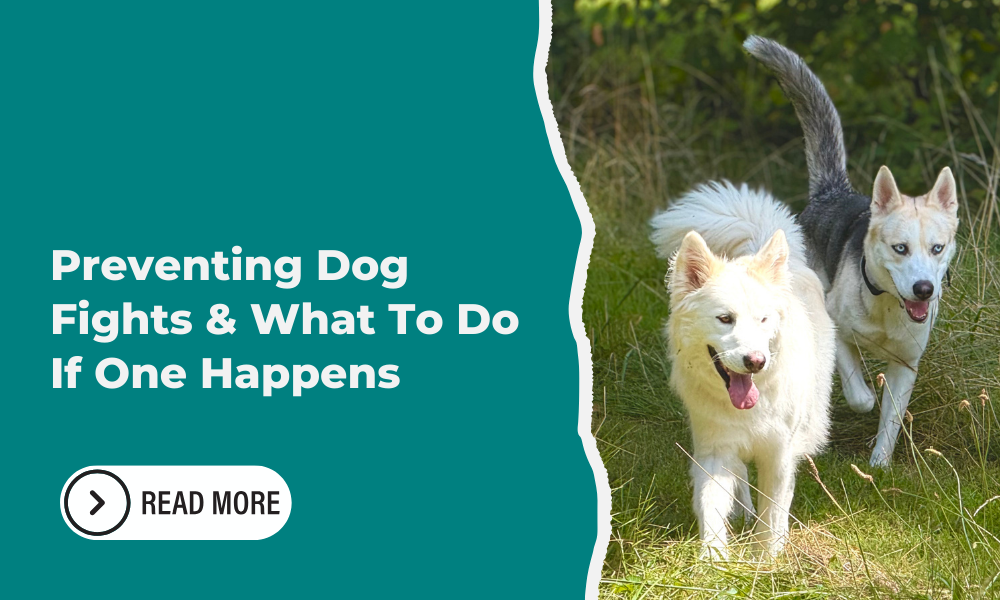
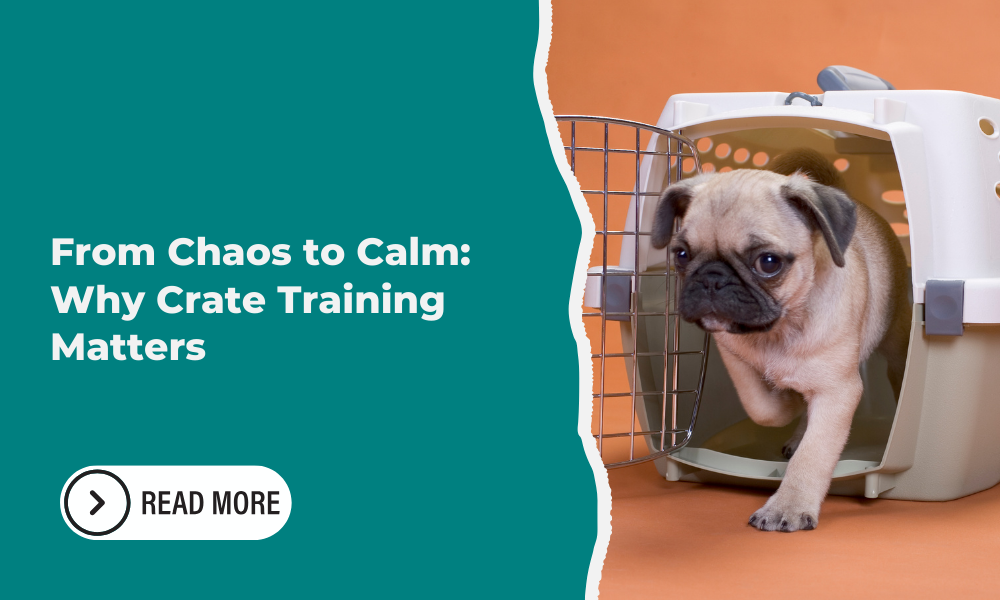
Share On: